News & events
Awards
Dr. Henner Busemann

The ETH Board awarded the title of Professor to Senior Scientist Henner Busemann. Article in ETH News
Prof. Dr. Maria Schönbächler
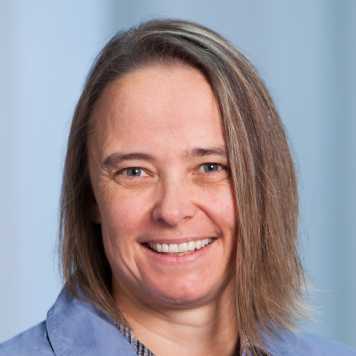
Recipient of the inaugural external page Meteoritical Society Jessberger Award
Tom Dooley and the young, active sun
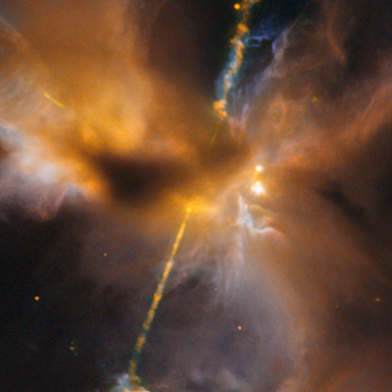
Just about 4.5 billion years ago, our sun went through an active phase during which it shone much more brightly than it does today – a conclusion researchers reached after taking measurements at ETH Zurich using a truly unique instrument.
Gulf Stream eddies as a source of iron
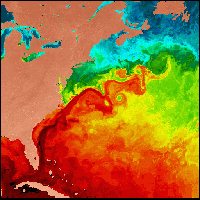
ETH researchers have fortuitously discovered that Gulf Stream eddies are rich in iron, and these eddies transport this essential micronutrient to the iron-poor North Atlantic Gyre. Before this discovery, the typical assumption was that this part of the ocean received iron primarily from Saharan dust.
Jesper Suhrhoff has been awarded the Willi Studer Prize
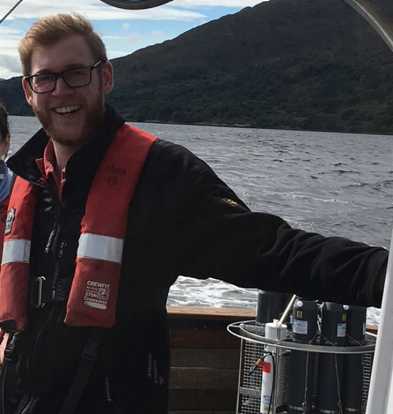
Congratulations to Jesper Suhrhoff, a Master's student in the Earth Surface Geochemistry group, who has been awarded the Willi Studer Prize for the best Master's student in Earth Sciences (D-ERDW) in 2017.
The Golden Owl 2017 has been awarded to Prof. Dr. Derek Vance
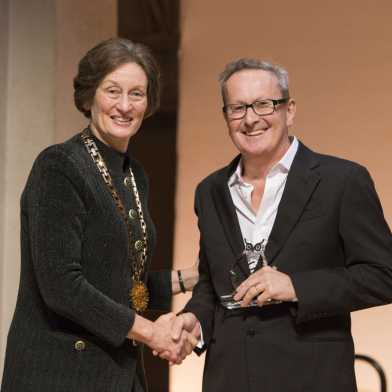
“Goldene Eule” of VSETH: The Golden Owl is awarded by the students and honours lecturers who have provided exceptional teaching.
New insights into Earth's formation

New measurements carried out by an international research team allow new conclusions to be drawn about the Earth's formation: there were phases with an abundance of volatile elements on the Earth's surface right from the start, not just after it was subsequently bombarded with meteorites from outer space.
Collision with neighbour
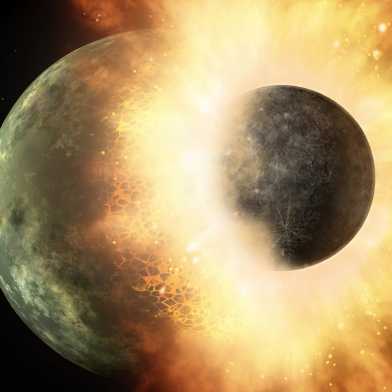
According to theory, the moon was created during a gigantic collision between the earth and another celestial body called Theia. But where did this body come from?
Sunbathing meteoroids
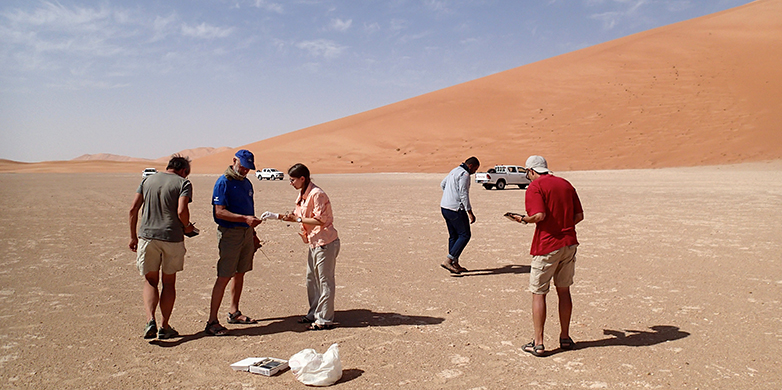
When a meteoroid travels in space, solar radiation leaves distinctive imprints on its outer layer. Together with colleagues, ETH researcher Antoine Roth has developed novel analytical techniques to detect these imprints, allowing the team to reconstruct meteorites’ space journeys.
The mighty Southern Ocean microbe that controls ocean chemistry
A new study led by scientists in the Earth Surface Geochemistry group at ETH Zurich, and just published in Nature Geoscience, shows that a single-celled algal organism in the Southern Ocean controls ocean trace metal chemistry.
Scientists from the Surface Earth Geochemistry group at ETH participate in the Antarctic Circumpolar Expedition
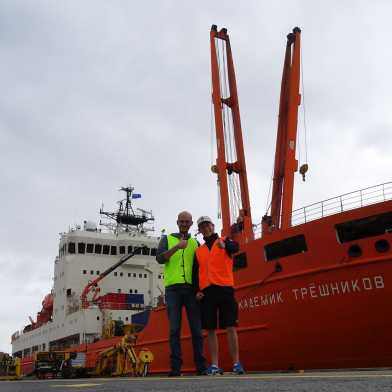
PhD student Matthias Sieber, and post-doctoral researchers Greg de Souza and Nolwenn Lemaitre are braving the rough seas of the Southern Ocean to take part in a remarkable expedition to study the environment of the Southern Ocean, the sea surrounding Antarctica.

